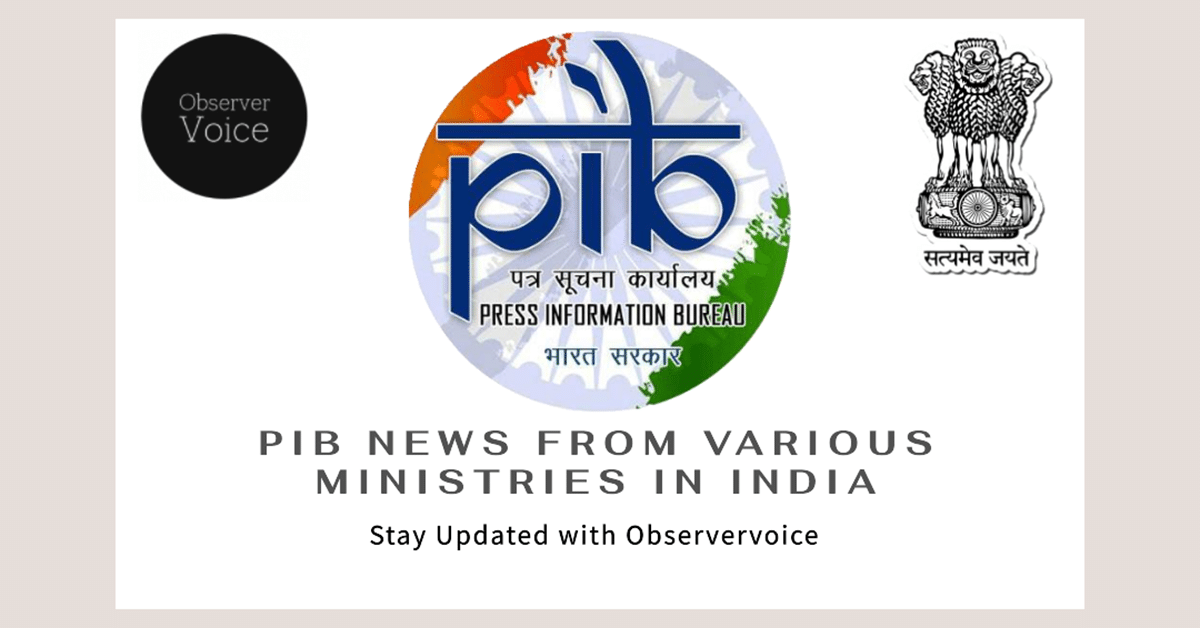Chintan Shivir 2.0: Advancing Coal Sector Safety and Sustainability

On January 7, 2025, the Ministry of Coal organized Chintan Shivir 2.0, a significant event aimed at transforming the coal sector into a vital player in India’s energy transition. The discussions focused on enhancing coal production while integrating cleaner technologies and protecting the environment. The event underscored the necessity of aligning coal mining practices with global sustainability goals. This includes reducing carbon emissions through innovative technologies such as coal gasification. The emphasis was also placed on adopting best practices for sustainability, ensuring rigorous safety standards to protect workers and promote their well-being.
Prioritizing Safety in Coal Mining Operations
Safety emerged as a non-negotiable priority during Chintan Shivir 2.0. The discussions highlighted the responsibility of all stakeholders, including coal public sector undertakings (PSUs) and industry partners, to adopt advanced technologies and implement strict safety protocols. The aim is to safeguard the lives of workers and ensure their overall well-being.
To achieve this, coal companies must comply with various statutory provisions under the Mines Act of 1952, the Mines Rules of 1955, and the Coal Mine Regulations of 2017. These regulations are designed to minimize accidents in mines. Furthermore, coal companies are required to implement several safety measures. These include the preparation and execution of Site-Specific Risk Assessment-based Safety Management Plans (SMPs) and Principal Hazards Management Plans (PHMPs). Compliance with site-specific Standard Operating Procedures (SOPs) is also essential.
Comprehensive Training Programs for Mine Safety
Training plays a crucial role in ensuring safety in coal mining operations. Companies are mandated to provide both initial and refresher training for their employees. This includes on-the-job training as per statutory requirements and simulator training for Heavy Earth Moving Machinery (HEMM) operators. Additionally, coal companies focus on skill enhancement for frontline mine officials and sensitization of all employees, including safety committee members and contractual workers.
Training on risk management is also a key component. Executives accredited by SIMTARS conduct these training sessions. This comprehensive approach ensures that all personnel are well-equipped to handle potential risks and emergencies in the mining environment.
Regular Safety Audits and Inspections
Conducting regular safety audits is vital for maintaining high safety standards in coal mines. Multi-disciplinary safety audit teams carry out these audits based on guidelines issued by the Ministry of Coal in December 2023. These audits help identify potential hazards and ensure compliance with safety regulations.
In addition to audits, coal companies are required to implement state-of-the-art mechanisms for strata management and monitoring the mine environment. This includes adhering to safety measures applicable to both opencast and underground coal mines.
Moreover, continuous supervision of mining operations is essential. Competent and statutory supervisors, along with mine officials, must conduct round-the-clock inspections. Regular inspections by workmen inspectors and senior officials further enhance safety oversight. This multi-layered approach to safety ensures that all mining operations are conducted in a secure environment.
Observer Voice is the one stop site for National, International news, Sports, Editor’s Choice, Art/culture contents, Quotes and much more. We also cover historical contents. Historical contents includes World History, Indian History, and what happened today. The website also covers Entertainment across the India and World.
Follow Us on Twitter, Instagram, Facebook, & LinkedIn

